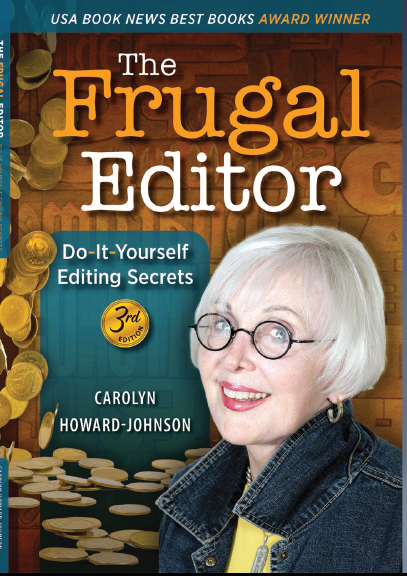Did you know that studies have shown that most self-published authors sell fewer than 200 copies of their book?
That’s probably because most of these authors sell just one copy at a time.
A better idea is to sell books in bulk.
Here are a few ways you might try:
Approach Service Clubs to Buy Boxes of Your Book to Donate to Schools if You Write Children's Books
Most public schools don’t have the funding to buy all the books they want or need for their library, not to mention books for each classroom’s library.
Attend a few meetings of some service clubs in your area.
Try your local Rotary Club, Elks Club, Lions Club, and the Chamber of Commerce to start.
Get to know the members of these groups.
Most of these organizations have weekly or monthly coffees or luncheons.
At these events, usually one of the guests or members gives a short talk about their services or products and how they help the community.
Offer to give one of these talks and give information about your book(s).
After your talk, suggest this organization buy a box of your books to donate to a local elementary school to promote children’s literacy, etc.
Speak at several different service club events and make this same offer.
You could end up selling many boxes of books and providing many different elementary schools in your area with sets of your book for every classroom in the school, plus a few copies for the school’s main library.
It’s a win-win-win situation.
The service club wins by making a worthwhile and much appreciated donation to a local school, the school wins by receiving books for some or all of the classrooms and the school library, and you win by selling boxes and boxes of your book!
Plus, you will make some good community contacts that might result in other book sales.
This Works for Books for Adults Too
Books for adults can be sold in bulk using this method, also.
If your book is a nonfiction book related to some physical or mental health issue or condition, for example, instead of service clubs, offer to speak at organizations related to the specific health issue covered in your book.
If the event is a conference, the organization could buy a box of your books so they could give a copy of your book to everyone who registers for the conference.
If this is a large conference, you could make hundreds of sales just from this one event.
The conference fees paid by attendees would cover the costs of your books, so the event planners would make back all the money they pay you for your book.
So again, this is a win, win, win situation.
The organization wins because they have something helpful to include in the packets for attendees.
Attendees win because they get a great book with information they want and need.
You win because you sell hundreds of copies of your book.
Make a list of all the organizations your book’s topic relates to.
Next, look for conferences and other events offered by these organizations.
Find out who the event organizer is for a special event and call to see if your book would be a good fit for inclusion in the packets each attendee receives (offer a bulk discount on your book, of course).
Even if the event organizer decides not to purchase your book, check to see if speaker applications are being accepted for any of this group's events.
If so, fill out and submit an application for any events you’d be an appropriate speaker for.
Be sure to notice if somewhere on the application it mentions whether or not speakers are able to sell their books at the back of the room after their presentation (this is another way to make lots of sales).
Have Luxury Hotels Buy Your Book for Their Special Guests
Imagine your book by the bedside in five-start luxury hotels and boutique hotels!
Your book would be placed in the hands of high-net-worth CEOs, leaders, celebrities and others who stay at these hotels.
This would allow you to build discoverability and word-of-mouth.
Can you imagine what could happen if your book was read by just one high-profile celebrity who decided to share it on social media?
The results could be amazing!
The books are provided as a complimentary amenity (no “mini-bar charges”) so guests can enjoy the books, take them home, and share them.
Now, if you’re a self-published author, start thinking about selling your books in bulk.
You’ll probably come up with all sorts of additional ways to do it.
Try it!
For more marketing and writing tips, get your free subscription to The Morning Nudge at www.morningnudge.com.
Suzanne Lieurance is an award-winning author, with over 40 published books, and a Law of Attraction coach for writers at writebythesea.com.
















